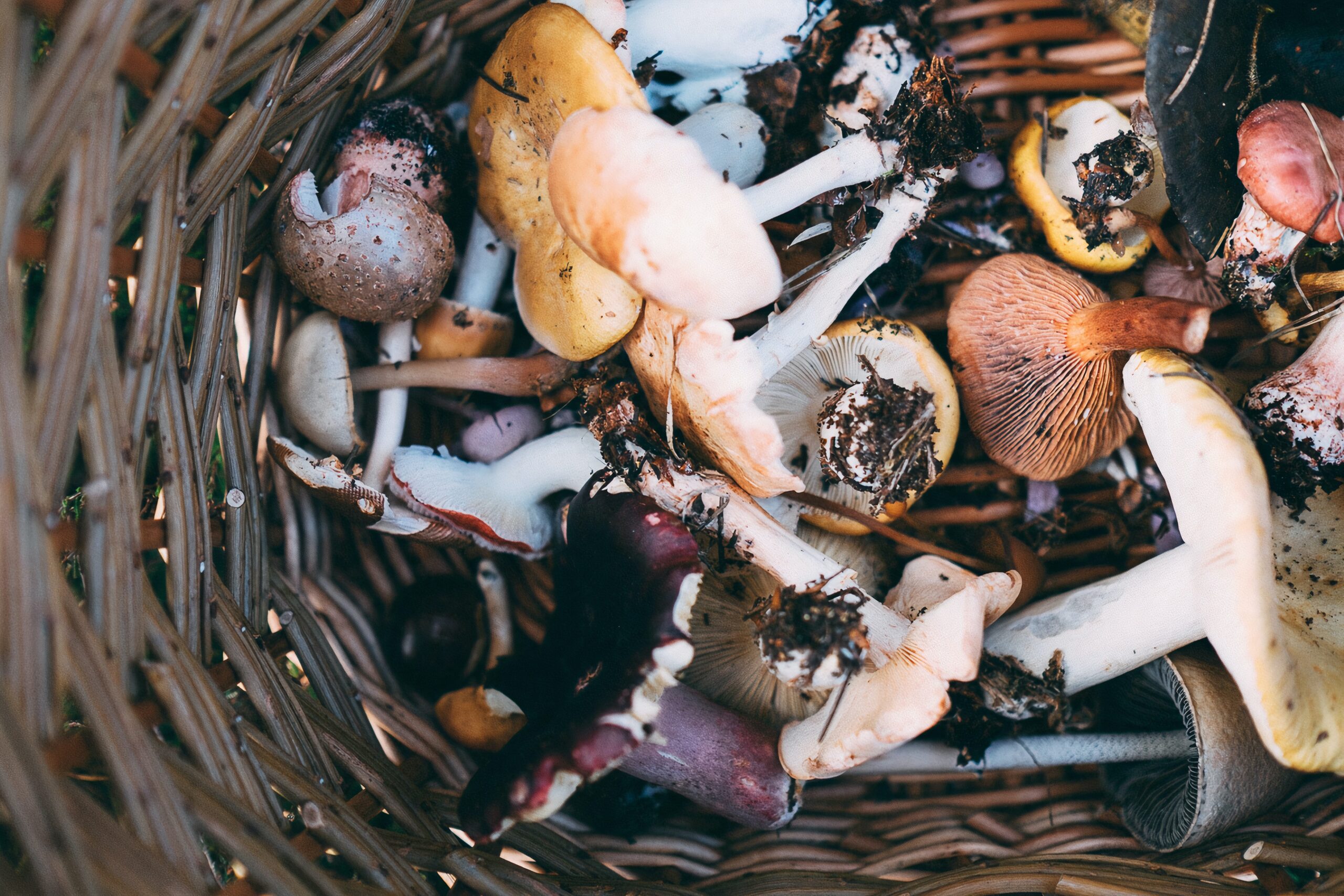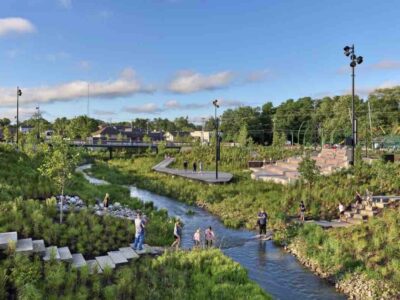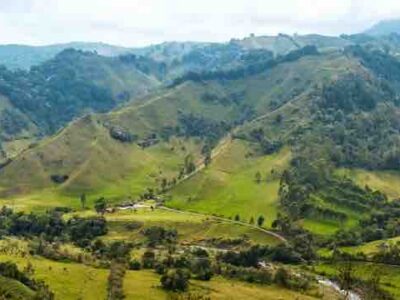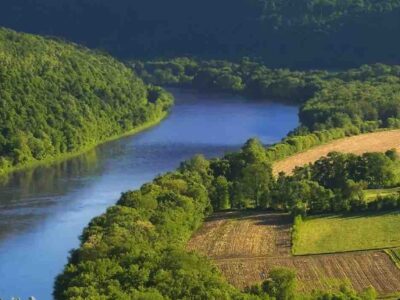How often have you gone on a hike, walked through your backyard, and thought about all the different things growing around you that you can eat? If you’re like the average American, the chances are probably rare; however, your answer is probably every second if you’re like the social media sensation Alexis Nikole Nelson. With 3.9M followers on TikTok (@alexisnikole) and 1.1M followers on Instagram (@blackforager), Nelson, who has also recently won a James Beard Media Award, has made it her goal to educate her followers on the art of foraging. Through passion and spontaneous songs, Nelson captures her most exciting foraged finds and shares her favorite recipes using these wild ingredients.
Foraging is the practice of identifying and collecting wild plants for food and medicinal purposes.
But If you ask Nelson, foraging is “a very fun way to say, I eat plants that do not belong to me, and I teach other people how to do the same thing.” From making chicken sandwiches from mushrooms to making chocolate from Linden fruit and cheese out of acorns, Nelson demonstrates that with proper knowledge and endless creativity, we can forage a wide variety of extremely nutritious and accessible plants.
Despite the recent popularity of foraging across social media, it is one of the oldest and most traditional practices of gathering food, finding its roots amongst Indigenous communities. For centuries, Indigenous communities relied on native species for nourishment and medicinal properties. Nelson herself accredits her practices to her Iriquois ancestry.
Although colonization and relocation have severed access to certain plants and traditions and multiple laws and regulations prohibit foraging in certain areas, Indigenous communities are actively working to reclaim their land and their relationships with these wild ingredients. Various organizations and content creators like Nelson are constantly destigmatizing these practices and educating others on how they can benefit from the land around them.
Nelson highlights that foraging solves many issues, such as the harm of fertilizer runoff, struggles with water access, and monoculture.
Foraging is beautiful and exciting because it is spontaneous, and we don’t do anything to help the plants grow.
Not only does foraging require minimal work on our end, but it also provides a solution in areas where food access is minimal and the plants you can forage provide an astounding amount of nutrients. When making seaweed chips found while walking across an Oregon beach, Nelson shared that they have plenty of amino acids and protein.
As she states in her Ted Talk, “As we are constantly reaching for more land and more fresh water, we have set a precedent that our planet cannot keep up with… I find that introducing people to wild foods in their area is an excellent way to foster their connection to their food. And it’s a way that fosters that connection over shame. And it shares a snack instead of an infographic or a shocking piece of media.”
Diving into foraging helped Nelson reclaim her love of food in a sustainable, self-sufficient way. It has allowed her to feel joy and a deeper connection with her ancestry. In a world where the majority of food is highly processed and loosely regulated, foraging gave her more control over what she ate and helped heal her relationship between food and health.
So the next time you find yourself walking along the beach or through the woods and come across something that seems remotely tasty or interesting, double-check to see if it’s edible and make sure you know the foraging laws in your area. As Alexis Nikole Nelson always ends her videos, “Happy foraging. Don’t die!”





